
Wealthy Countries Pony Up for Climate Justice
The developed world has pledged $9.5 billion to help fight climate change. But it’s going to take hundreds of billions more.

The developed world has pledged $9.5 billion to help fight climate change. But it’s going to take hundreds of billions more.
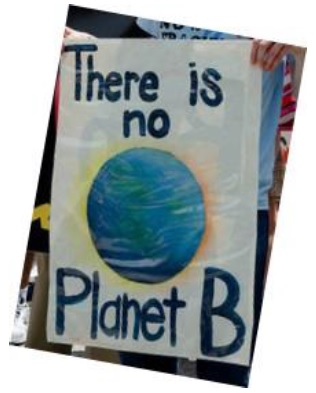
Janet Redman, director of IPS’ Climate Policy Program joins a panel of experts presented by Brooklyn For Peace – Climate Action to investigate why global efforts to stop climate change have failed so far, and what needs to be done.

As global civil society calls for a renewable energy revolution, the U.S. Congress is considering an African energy initiative that leaves the door wide open to fossil fuels.
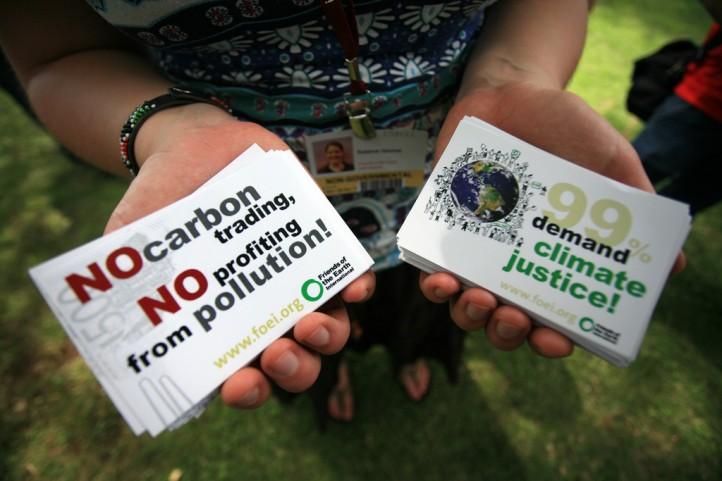
Will the Green Climate Fund – the UN body tasked with funding the transition to a clean-energy, climate-resilient future in the developing world – invest in fossil fuels?

As negotiations at the annual UN climate summit enter their final days, three participants weigh in on what’s hot – and what’s not – at COP19.

Five years after the financial meltdown, the G20 continues promoting failed neoliberal policies that are condemning the world to a vicious cycle of crisis and environmental collapse.

Chanting, “Human need, not corporate greed! Robin Hood Tax now!” protesters dressed as polar bears, farmers, and bankers engaged with officials entering the meeting to urge them to support a Robin Hood Tax.
73 civil society organizations urge members of the Green Climate Fund board to pass rules promoting public participation, transparency and accountability.
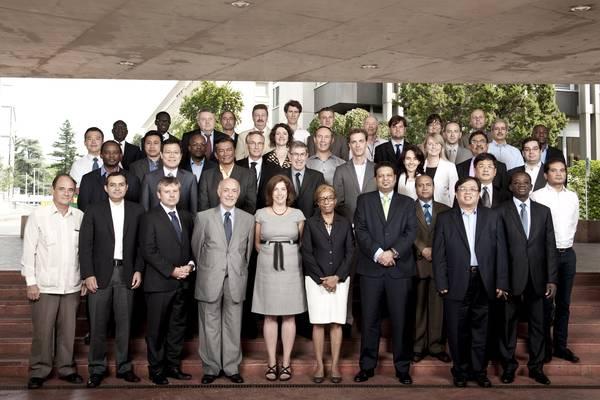
The active and engaged participation of civil society at the Board and country level is essential for creating an effective, equitable and environmentally sound Fund that can be responsive to the differentiated needs of men and women, minorities and indigenous peoples increasingly impacted by climate change.

As meetings begin in Berlin, Germany, Redman says that the Green Climate Fund must be focused on meeting the needs of people in developing countries, not maximizing corporate profit.
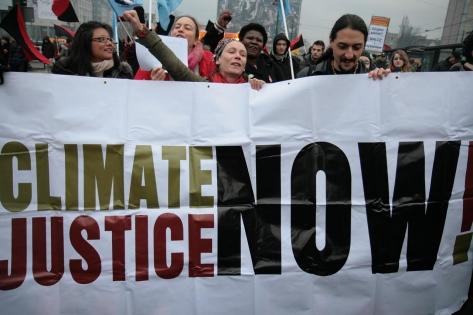
Multinational corporations and investment banks shouldn’t dominate financing of climate adaptations, says Janet Redman, reporting live from the UN Climate Summit, Doha, Qatar.

Update from Doha, Qatar: As countries (somewhat ironically) gather in the petro-state of Qatar for the annual UN climate summit, it’s even more apparent that economic considerations override concerns about severe environmental disruption, and even survival.
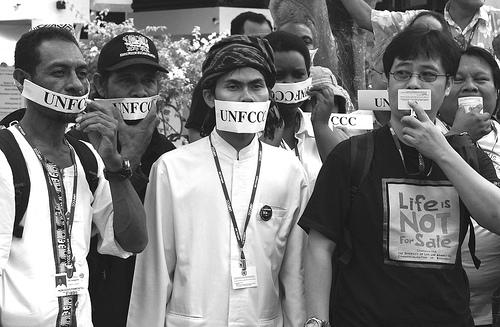
With China and the United States enabling each other to avoid meaningful emission reductions, the rest of the developing world must take the lead.

What we got from Durban was largely a set of promises to do something…some other time.
At a press conference in Durban, South Africa, officials from a diverse set of countries will join civil society leaders to call for innovative sources of finance, including a tax on financial transactions and a fee on emissions from maritime shipping, to be part of a deal in Durban which raises billions of dollars to help fill the Green Climate Fund.